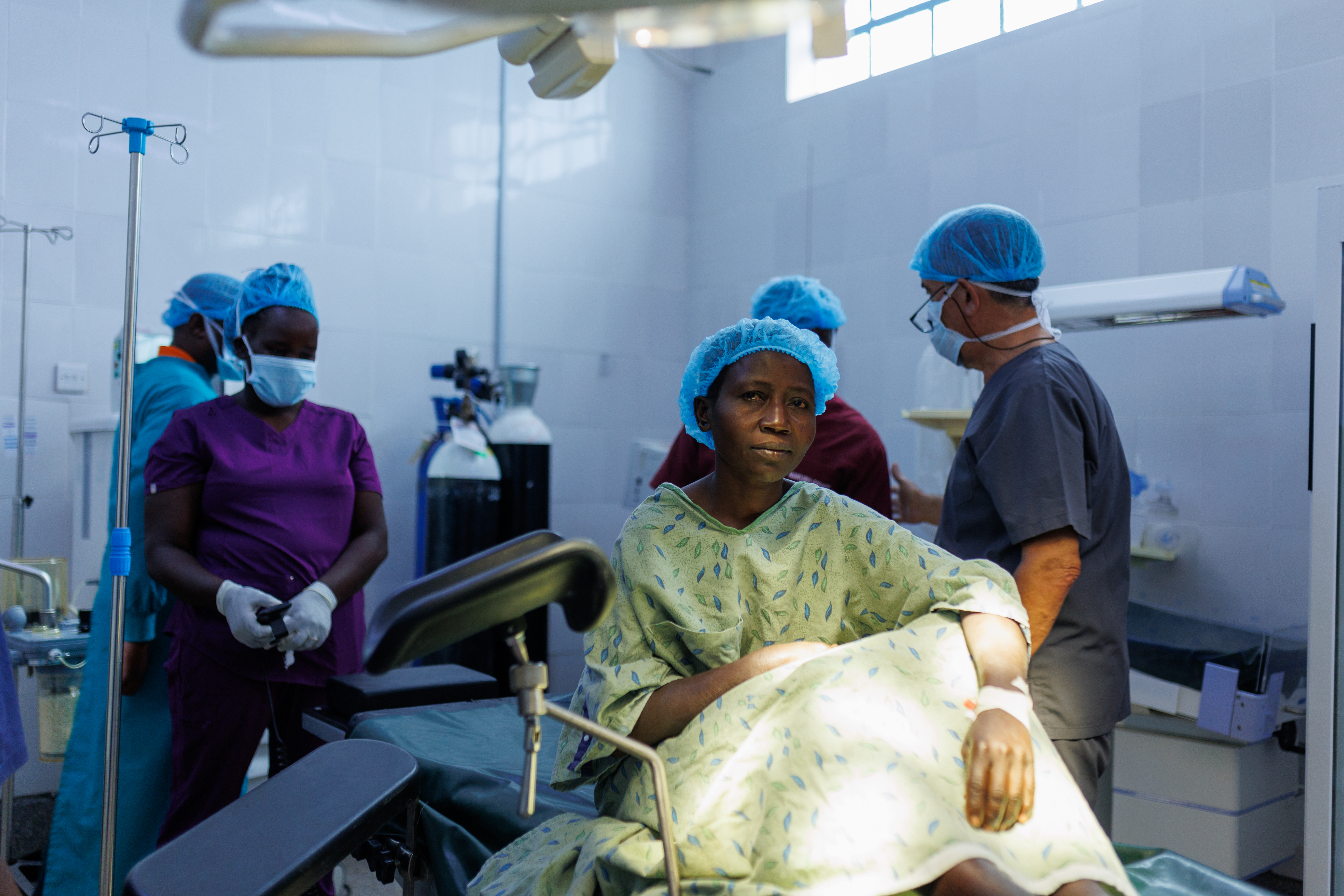International Day of Obstetric Fistula
International Day of Obstetric Fistula
May 22, 2024
On the international day for the eradication of obstetric fistula promoted by UNFPA, the United Nations agency in charge of sexual and reproductive health, we’d like to share the fistula surgery project we have recently carried out in Kenya.
A follow-up visit of our Neglected Tropical Diseases project at Chemolingot Hospital (Baringo, Kenya) in 2023 revealed a high prevalence of women suffering from obstetric fistula, a serious lesion that stigmatises and discriminates against those who suffer from it.
The main cause of obstetric fistula is obstructed labour. Obstructed labour causes necrosis due to pressure on the tissues, this eventually develops into a fistula or vesicovaginal or rectovaginal opening, or both. The final consequence is continuous leakage of urine and/or faeces or both. The main risk factor is the lack of access to adequate childbirth assisting services.
It is estimated that there are half a million women affected worldwide with the consequent physical and social damage. On top of that, they are generally abandoned by their husbands and family members because of this problem. In our area of intervention, there is a yearly increase of 1,000 cases of women with obstetric fistula that could be repaired with surgery but many of them do not have access due to the high cost that can exceed 1,000 euros.
“End Fistula. Restore Women’s dignity” project
We have launched the "End Fistula. Restore Women's dignity" project at Chemolingot Hospital in collaboration with the Ministry of Health, to train local doctors on how to identify and operate obstetric fistulas. Probitas deployed Dr. Jose Manuel Devesa's volunteer medical team of 2 surgeons and an instrumental nurse with extensive experience in this type of surgery to carry out the interventions.
Fifteen highly complex obstetric fistula surgeries were carried out and most of the patients had severe genital mutilation, a practice that is very much present in rural areas of Kenya. The interventions were successful in reducing urinary and/or faecal incontinence in 14 patients and the local medical team was trained in the identification and surgical methodology of urinary incontinence and simple fistulae.
Dr Jose Manuel Devesa's team worked with Dr Elizabeth Chebet, director of the hospital, and the local team during the 10-day mission.
"We are very grateful to the volunteers, the local medical and nursing staff as well as the cleaning and maintenance staff of Chemolingot Hospital for their commitment and contribution to improving the health and quality of life of these women and facilitating their integration into the community," said Dr. Anna Veiga, director of the Foundation.

